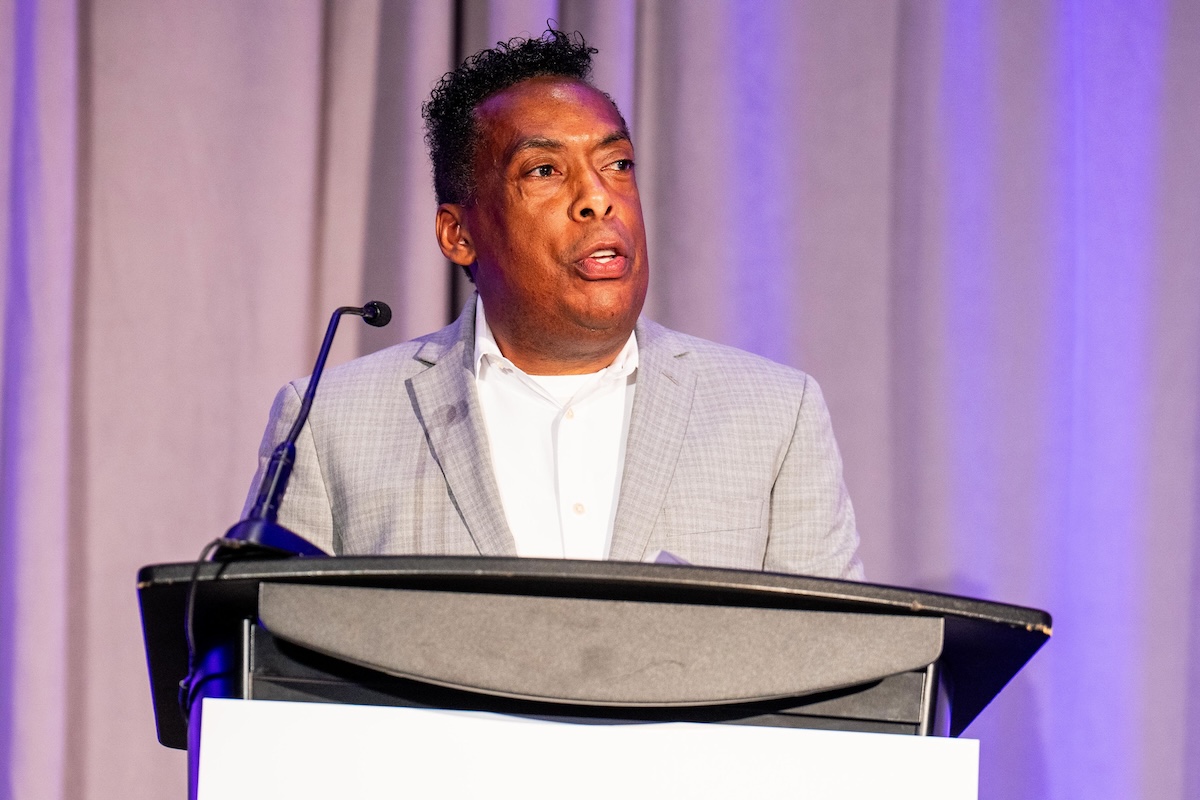Skift Take
Proposed legislation in 30 U.S. states threatens DEI initiatives at colleges and state agencies with companies also at risk of similar laws. Can outreach and promotion curb the possible impacts?
As the business events sector grapples with ongoing staffing issues, 30 states across the U.S. are now pushing legislation to curb diversity, equity, and inclusion (DEI) programs at colleges and state agencies. Some conservative activists are now suing companies with an aim to stop DEI initiatives following the Supreme Court’s ruling against affirmative action for college admissions.
Texas is one of the 30 states that has passed legislation banning DEI statements and considerations during the hiring process at colleges and agencies. Governor Greg Abbot signed Senate Bill 17/ House Bill 5127 in June and will take effect in January 2024. The bill will ban funding for diversity offices and diversity training as a condition for student enrollment.
The University of Houston – home of the Conrad N. Hilton College of Global Hospitality Leadership – issued a statement in March announcing that it will no longer consider diversity during the hiring process in compliance with the new law.
“In order to ensure compliance with state and federal law, we will not support or use DEI statements or factors in hiring or promotion anywhere in the University of Houston System,” said university chancellor Renu Khator.
Outreach and Advocacy
Tourism and Diversity Matters (TDM), an organization launched in 2020 following the murder of George Floyd at the hands of Minnesota police officers, operates an apprenticeship program and workforce development program. The goal of the program is to develop and promote a diverse workforce within the hospitality industry by attracting recent college graduates and implementing racial equity goals through training and mentoring. Now, TDM’s programs and overall goals could be at risk under the proposed laws.
The possible passage of these laws has caused a strategic shift in how TDM promotes inclusion with outreach to different communities while assisting destinations in becoming aware of such legislation. It also impacts other organizations that champion diversity within the hospitality industry, such as Destinations International (DI).
“We as an industry need to do a better job recognizing who is underrepresented in communities from an advocacy standpoint,” said Sophia Hyder Hock, chief diversity officer at Destinations International. Hyder Hock continued noting the importance of connecting with students at every level of education to promote careers within hospitality to sidestep legislation that can cause people from diverse backgrounds to feel unsafe in certain states, as well as within the existing workforce.
“Hospitality has lower barriers to entry and oftentimes doesn’t require a degree,” she said, adding that such a career path in hospitality can easily lead to advancement in the industry.
Hyder Hock explained that politicizing the issue is a counterproductive measure and that destinations need to be more vocal in promoting themselves as being safe and inclusive. “Boycotts and travel bans are not effective and don’t really help the situation,” she said, adding, “planners need to promote how inclusive a destination is.”
Keeping a Diverse Perspective
While Hyder Hock stressed the importance of outreach, she warned against using certain words or phrases that can be triggering. “We’re trying to humanize this work while taking out the political efforts,” she said, adding that it’s important for program alums and other professionals within the industry to reach and promote working in hospitality.
“Laws like these can make you feel deflated,” said Hyder Hock. “So, it’s important to do what you can to inspire and work together – a diverse perspective leads to innovation.”
Moving Forward
While the importance of equality remains evident among many in the U.S., research shows that unconscious bias is still a factor, and it’s an issue compounded by today’s current political climate. While individuals may echo the messages of diversity, equity, and inclusion presented through training provided by their company, implicit bias remains pervasive in the workplace and society in general despite being well-intentioned, according to Outsmarting Implicit Bias, a science-based education platform for individuals and organizations.
In the 2022 Equity, Diversity, and Inclusion study produced by DI, the vast majority of destination organizations said they supported the role DEI plays within their organization. Combined, 86.64% of the 491 respondents said they either agree or strongly agree that their organizations are committed to diversity and inclusion. Nearly 90% said that people from all backgrounds are valued and respected at their destination. Also, 56.81% said their organization provided training to promote the understanding and mitigation of unconscious bias.
Despite the measures to address DEI issues, the survey also highlighted challenges. Most respondents were ambivalent in regard to hiring practices to create a diverse and inclusive workforce. The study also highlighted the need to promote outreach to underrepresented communities.
Photo credit: Georg Eiermann / Unsplash





